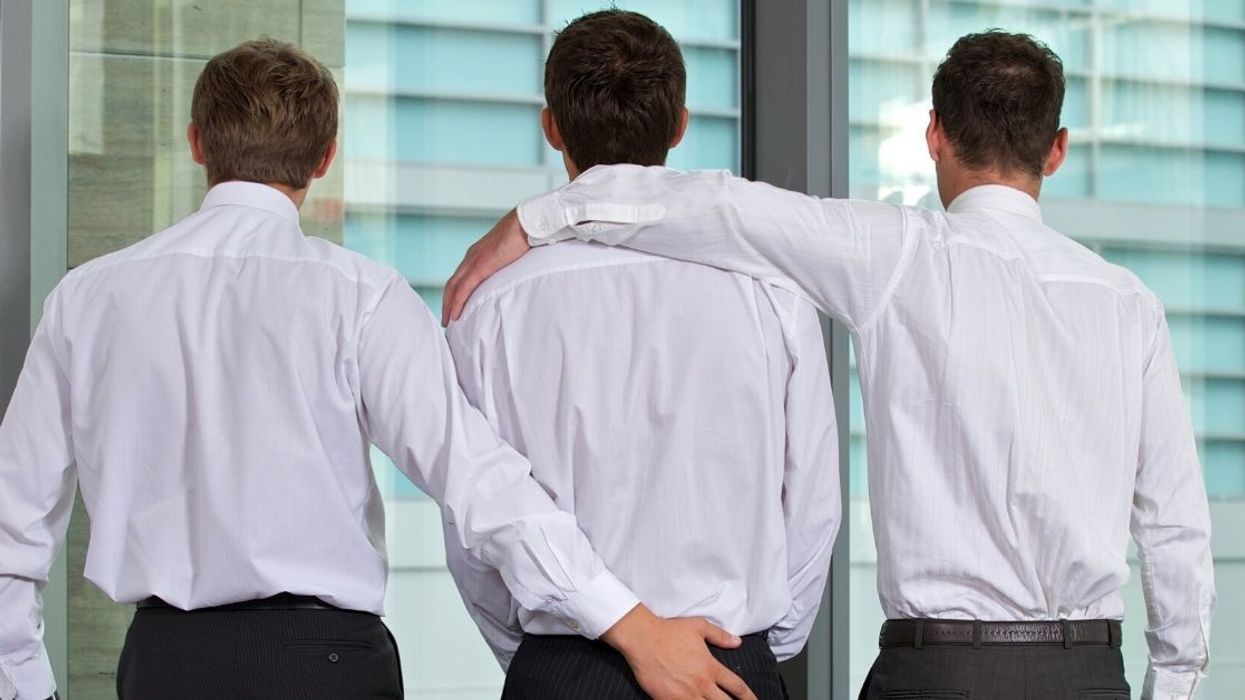Tornadoes are cropping up farther eastward in the U.S. than ever before, according to a study published in October in the journal Climate and Atmospheric Science.
While the Midwestern region known colloquially as “tornado alley” — parts of northern Texas into Oklahoma and Kansas into Nebraska — is still No. 1 in terms of twister frequency, tornadoes are now becoming common in Mississippi, Louisiana, Kentucky and even Missouri, Illinois, Iowa and parts of Ohio and Michigan.
Experts are particularly concerned, as these areas tend to be more densely populated than tornado alley, which comprises more rural terrain. There is also a higher concentration of residents living in mobile homes — structures more vulnerable to damage — and tornadoes tend to occur more often at night in Southern states because they are derived from thunderstorms, which occur most commonly in the evening because solar heating leads to atmospheric instability.
Victor Gensini, professor of atmospheric sciences at Northern Illinois University, and Harold Brooks of the National Severe Storms Laboratory in Norman, OK, analyzed weather data dating back to 1979, charting moisture, unstable air and wind-change direction — elements necessary for tornadoes.
What they eventually found was a steady reduction of moisture in the Great Plains, thereby reducing and in some cases eliminating a crucial ingredient for tornado formation. Twisters are typically formed along what’s called the “dry line,” where dry air meets moist air, and one thing was starkly evident: The “dry line” is moving east.
Why? Experts can certainly wager a guess.
“This is super consistent with climate change,” said Gensini. “This is what you would expect in a climate change scenario, we just have no way of confirming it at the moment.”
According to the study, approximately 1,200 tornadoes occur in the U.S. every year, causing $5.4 billion worth of damage from hail and high winds and killing around 70 people.
On Oct. 24, at least three tornadoes touched down in Rhode Island and Massachusetts. Tornadoes are “virtually unheard of” in the Cape Cod area — the Massachusetts tornado was the first seen in the Bay State since 1977.
Unfortunately, according to another study published in October in Science Daily, even these events may not be enough to convince climate change skeptics, whose beliefs were found to remain largely impervious to facts.
“Extreme weather plays a limited long-term role in forming people's beliefs about climate change,” noted lead study author Dr. Ben Lyons, of the University of Exeter.
He added: “[The study] shows people's perception of extreme weather can be processed through partisan lenses. This means efforts to connect extreme events with climate change may do more to rally those with liberal beliefs than convince those with more conservative views that humans are having an impact on the climate. However, it's important to note that we take a big-picture look rather than focus on specific events. Particularly intense events — a 100-year flood or catastrophic hurricane — might be most capable of influencing attitudes."














 @realDonaldTrump/Truth Social
@realDonaldTrump/Truth Social Dunning-Kruger Times
Dunning-Kruger Times
 @kimkardashian/Instagram
@kimkardashian/Instagram Hulu/Disney+
Hulu/Disney+
 @ilikefoodyummy/Instagram
@ilikefoodyummy/Instagram @hectorpalmar/Instagram
@hectorpalmar/Instagram @grecopix/Instagram
@grecopix/Instagram @antounofarabia/Instagram
@antounofarabia/Instagram @wizardingworldinsta/Instagram
@wizardingworldinsta/Instagram @allyson805/Instagram
@allyson805/Instagram @steffieselfie/Instagram
@steffieselfie/Instagram @nancyserenasherman/Instagram
@nancyserenasherman/Instagram @gabiramoscaldato/Instagram
@gabiramoscaldato/Instagram @chocolate_understands_/Instagram
@chocolate_understands_/Instagram @zeppelincloud/Instagram
@zeppelincloud/Instagram @nbcsnl/Instagram
@nbcsnl/Instagram
 u/mixmasterADD/Reddit
u/mixmasterADD/Reddit u/Healthy-Educator-280/Reddit
u/Healthy-Educator-280/Reddit u/No_Pianist5264/Reddit
u/No_Pianist5264/Reddit u/Imtheflamingoqueen/Reddit
u/Imtheflamingoqueen/Reddit u/rutfilthygers/Reddit
u/rutfilthygers/Reddit u/Tanuki0/Reddit
u/Tanuki0/Reddit @kimberlypworrell/Instagram
@kimberlypworrell/Instagram @basshuskies/Instagram
@basshuskies/Instagram @kt.nergdron/Instagram
@kt.nergdron/Instagram @gab.lab.martins/Instagram
@gab.lab.martins/Instagram @nateydj/Instagram
@nateydj/Instagram @goodhangwithamy/Instagram
@goodhangwithamy/Instagram